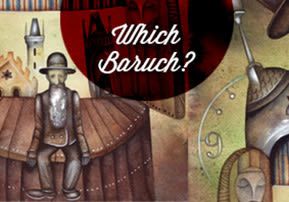
Which Baruch?
The Gabbai of the synagogue almost fainted when they told him that he called the wrong Baruch up to the Torah, when the aliyas were selling for top dollar...

A true story of an incident that happened several years ago…
Before this past Seventh Day of Passover, which landed on Shabbat, I thought that Moshiach would be coming soon. Now, I know that he's coming soon. Here's the amazing story why I can make such a statement, having witnessed with my own eyes together with everyone else who was present at the Melitzer Synagogue that day.
The Melitzer Rebbe shlit'a was blessed with the presence of several of his sons and son-in-laws during Passover, together with over a dozen grandsons who were in attendance at the synagogue that day. One of his sons present was Rabbi Baruch Moscowitz, the “Yampoler Rov” of Monsey. One of his son-in-laws there was Rabbi Baruch Twerski, the son of the Chernobler Rebbe of Ashdod.
As is customary in many synagogues, the various “aliyas” – the honors of being called up to the Torah reading – are auctioned off to the highest bidders before the twice weekly, holiday and Shabbat Torah readings. The aliyas are sold for top dollar on Yom Tov, and especially on a Yom Tov that lands on the 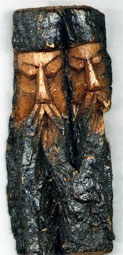 Sabbath, for being called up to the Torah at such a opportune time is known as conducive for all sorts of blessings and salvations. What's more, if one purchases an aliya for a righteous Torah scholar, the latter is behooved to bless the benefactor; such a blessing is like a signed check from Heaven. I once saw a person pledge $8,000 to buy an aliya for Rav Shalom Arush in Uman on Rosh Hashanah…
Sabbath, for being called up to the Torah at such a opportune time is known as conducive for all sorts of blessings and salvations. What's more, if one purchases an aliya for a righteous Torah scholar, the latter is behooved to bless the benefactor; such a blessing is like a signed check from Heaven. I once saw a person pledge $8,000 to buy an aliya for Rav Shalom Arush in Uman on Rosh Hashanah…
At any rate, a “simple” Jew who we'll call “Jacobson” (not his real name, for he prefers to remain anonymous) was in shul that day. He is a man of modest means, but with tremendous regard for Torah and Torah scholars. Jacobson very much wanted to honor the Yampoler Rov, especially after having heard him deliver two wonderful sermons during Passover. The bidding was going up and up, way past Jacobson's means. The gabbai, the beadle of the synagogue, was about to auction off the last aliya, maftir. The bids were flying back and forth; Jacobson pledged the highest sum he could possibly afford, especially since his own expenses for Passover were astronomical. He had a strong desire to express his honor and respect for such a righteous Torah scholar as the Melitzer Rebbe's son, the Yampoler Rov of Monsey.
The bidding ended and the gabbai motioned to Jacobson, “The aliya is yours.” As if earmarked in Heaven for Jacobson, this aliya was sold for half the price that the other aliyas went for. Overjoyed, Jacobson went up to the gabbai and said, “I bought the aliya for Rabbi Baruch, the Yampoler Rov. Please call him up to the Torah for maftir.”
After the first seven people were called up to the Torah, the Melitzer Rebbe said kaddish and the second Torah scroll was placed on the podium. The gabbai would now call up the person honored with maftir. He said, “Rabbi Baruch the son of Rabbi Avraham Shia Heschel is honored with maftir.”
That was the wrong Baruch! It was The Melitzer Rebbe's local son-in-law Baruch, not his son Baruch from Monsey. The gabbai should have called “Rabbi Baruch the son of our teacher Rabbi Naftali Asher Yeshayahu”.
Jacobson's face turned white but he didn't say a word. Jewish Law requires that if the gabbai calls out a name, he may not retract it, for it is an embarrassment to the person whose name was called.
After the Torah reading, the gabbai realized his mistake. He shook like a leaf with trepidation. He knew that money didn't come easy to Jacobson, who had a big family and toiled for a living as a salaried worker. Normally, the gabbai would get dumped on for such a slip-up, sometimes in front of the whole congregation, as I had painfully experienced more than once in my own dozen years of service as gabbai. The affronted party might yell, “I'm not paying for that aliya! You made the stupid mistake – you pay for it!”
As soon as the services were over, the gabbai ran over to Jacobson and with teary eyes begged forgiveness. “I'm so sorry, Mr. Jacobson. I'm used to calling Rabbi Baruch Twerski up to the Torah, for he's a local. The named slipped off my tongue. Only afterwards, I realize that I made a terrible mistake…”
“On the contrary,” said Jacobson calmly. I heard the entire exchange of words, for Jacobson was right next to me. “I'll gladly pay as I pledged,” he told the gabbai, “for I was fortunate to see a Divine revelation with my own eyes today, how Hashem decided that Rabbi Baruch from Ashdod would be honored with maftir instead of Rabbi Baruch of Monsey. You, my brother,” he said so warmly to the gabbai, “have been fortunate to be an emissary of the Divine. This was Hashem's will.”
The gabbai was speechless. One seldom hears and sees such an exquisite manifestation of emuna, not in theory but in live time…
When the Melitzer Rebbe found out what happened, he said that if there were more people like Jacobson, we wouldn't need half of the rabbinical courts.
I thought of the story of Kamtza and Bar Kamtza, the bitter feud that led to the destruction of our Second Holy Temple in Jerusalem. It felt like Jacobson's noble actions and his pure and beautiful emuna were the rectification of Kamtza and Bar Kamtza. By virtue of this true story of Baruch and Baruch, witnessed by the Melitzer Rebbe shlit'a himself, I have no doubt that Moshiach will be here any minute.
With genuine emuna, all of us can become Jacobsons. He avoided a feud in shul. He saved the gabbai from embarrassment. He not only preserved the peace but he sanctified Hashem's Name by becoming a walking exhibit of emuna and its beauty. He acted like nobility. Who knows the value of such a so-called “simple Jew” upstairs in the Heavenly Court?
The Gemara tells us that 24,000 of Rebbe Akiva's students died in a plague that raged during the interim period between Passover and Shavuot. They were punished for not properly respecting one another. On Lag B'Omer, the deaths ceased. Therefore, in addition to being the yahrtzeit of Rebbe Shimon bar Yochai, Lag B'Omer is a day when we are reminded to love and respect one's fellow human. It's probably the most important mitzva in the Torah.


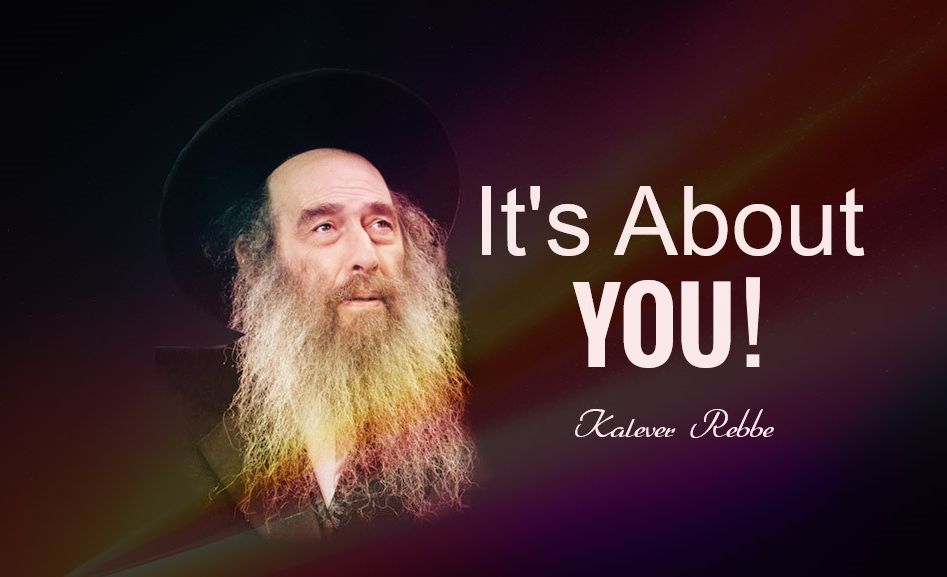

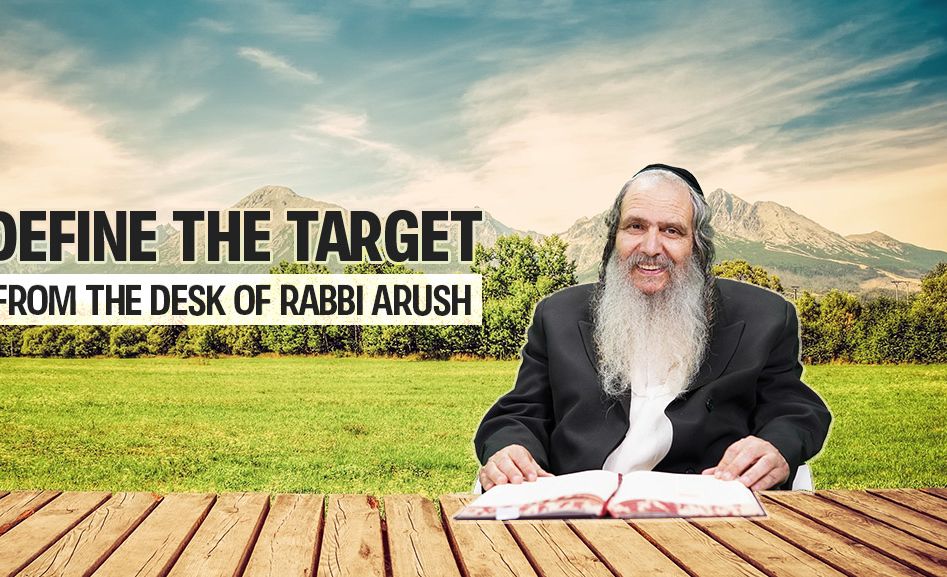
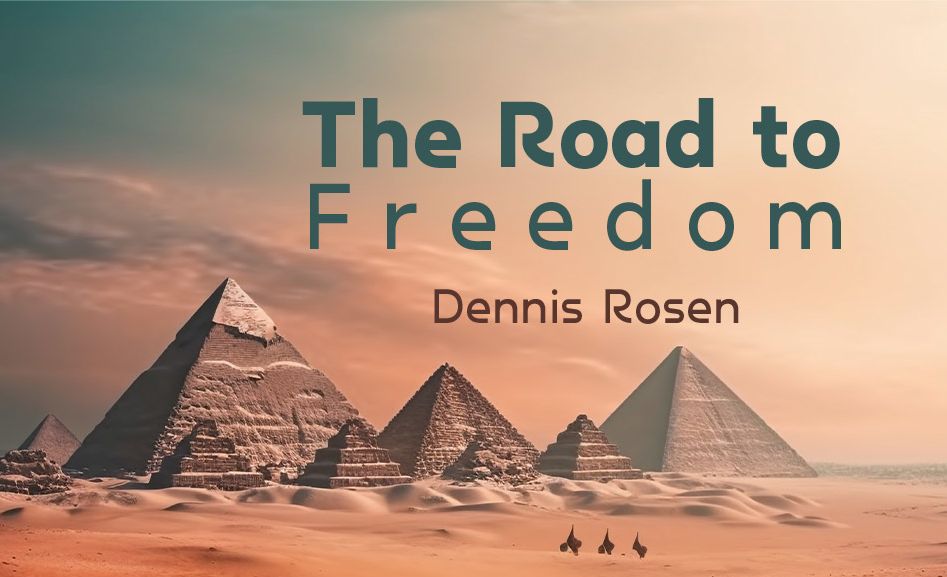
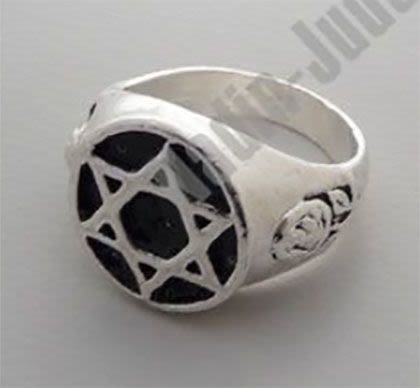
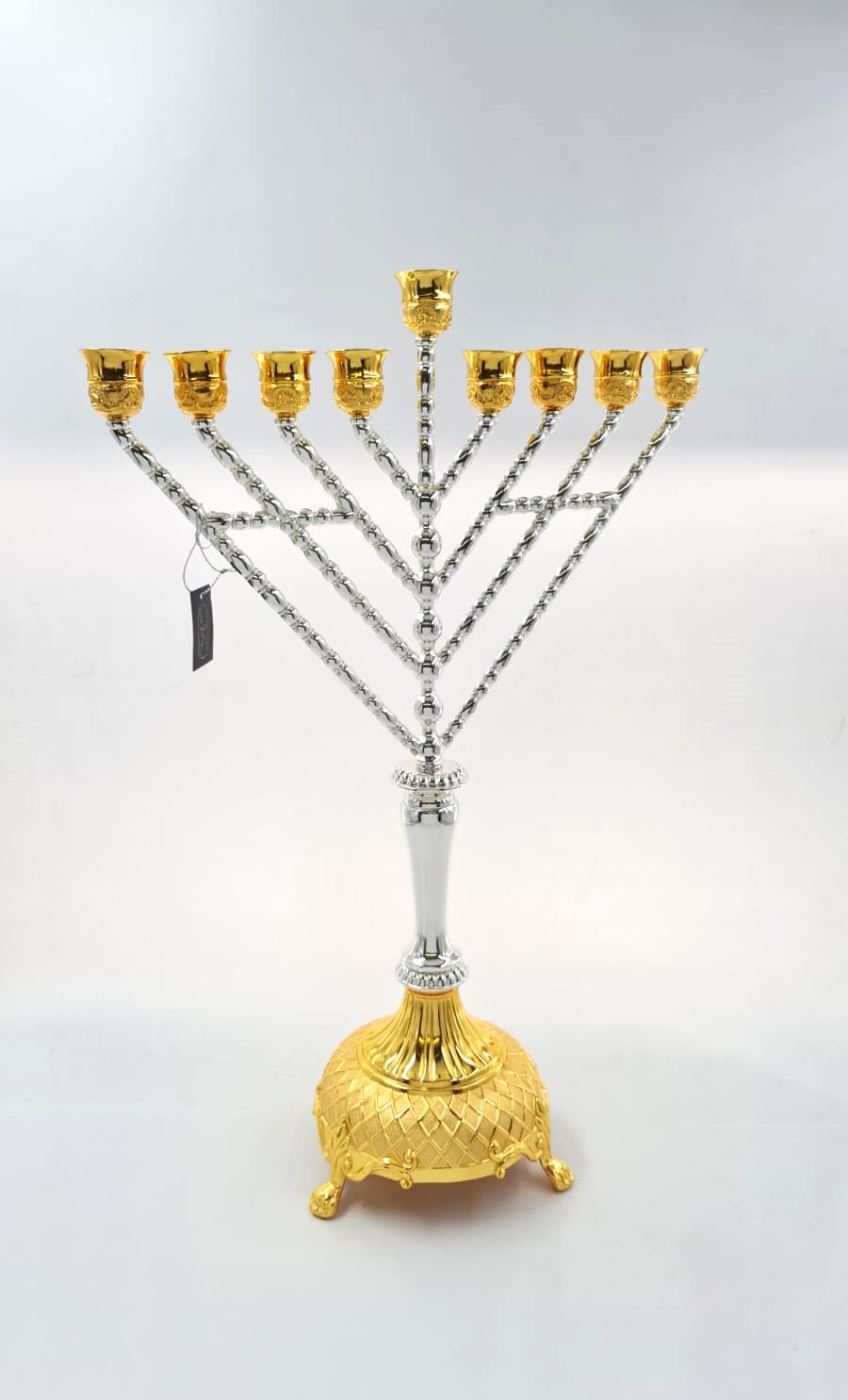
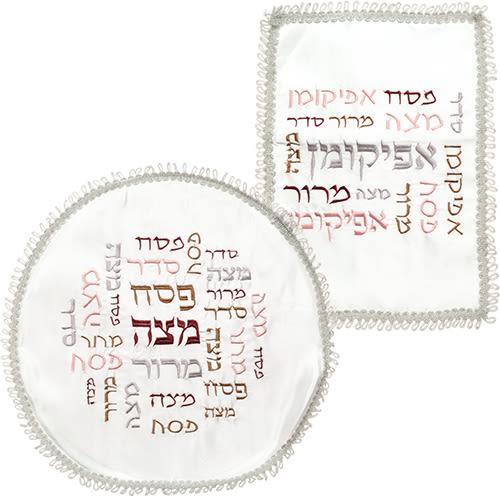


5/10/2017
Thank you Rav Brody, & Thank you Rav Shalom, & Thank you Hashem
5/10/2017
5/04/2015
Mi k’amcha Yisrael
May we be zoche to SEE the Divine intervention in our lives, and KNOW in our hearts and on our lips that it is truly GOOD, no matter what it seems.